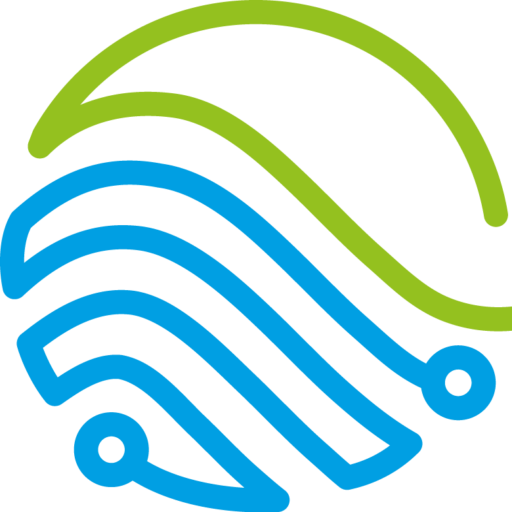
Unravelling the complexity of the Mar Menor system through participatory system dynamics modelling
During the last week of February and beginning of March SMARTLAGOON carried out the first set of workshops of the participatory systems dynamics modelling in the project. It was an intensive and fruitful week, and the results are being processed and will lay the ground for the follow-up participatory activities in May.
SMARTLAGOON is an interdisciplinary project that aims to develop sustainable solutions for the environmental, economic, and social challenges facing the Mar Menor lagoon and the Campo de Cartagena watershed in Spain. The project comprises several work packages (WP), with WP4 focusing on participatory systems dynamics modelling of the socio-ecological and socio-economic dimensions of the region.
As part of building a systems dynamics model of the system, a workshop series, with stakeholders from various sectors, including the environmental sector, agricultural sector, fishing sector, tourist sector, regional government, and national government will be carried out.
First set of workshops
The first round of workshops took place in the Murcia region in the last week of February and the beginning of March 2023, organised by Norwegian Institute for Water Research – NIVA (WP4 lead) and VIELCA (local partner). The SMARTLAGOON team members from NIVA was Isabel Seifert-Dähnn, Mahla Rashidian, Max Nawrath and Line Barkved and from VIELCA Pablo Blanco Gómez and Marckbyn Rodríguez Vélez.
We used Systems Thinking and Group Model Building to develop a causal loop diagram (CLD) that identifies the main issues and potential solutions for the region’s sustainable management. During these workshops, an average of six participants from each sector, i.e. each workshop, engaged in an open discussion using the conceptualization methods from Systems Thinking. Each of the workshops were planned for about 3.5 – 4-hour sessions, with breaks included. Some lasted a bit more, some less, depending also on the availability of the participants. All workshops produced valuable outputs for the next steps of the work.


Getting ready for workshop!


Each of the workshops started witha short introduction to the exercises, including ensuring informed consent by the participants. Then there was time for some initial individual work to get started.
Interactive group model building
The workshops were highly interactive, and the participants took part both in some individual exercises as well as joint collaborative tasks. Much time was spent working hands on together on the board assessing the different variables that came up. During the workshops, participants were asked to identify the variables that drive the problems concerning the current state of the Mar Menor region and to determine the relationships and polarity between the variables.



Much of the time in the workshop were spent working hands-on together on the board.
Some preliminary findings
The participants identified several challenges, including lack of holistic and long-term perspective for management and well-defined action plans, habitat degradation and biodiversity loss in the lagoon and associated wetlands, water quality issues due to pollution and eutrophication processes, concentration of tourism in summer months, and decrease in recreation opportunities and accommodation for local populations living around the Mar Menor lagoon.
The participants proposed several solutions, such as promoting education activities regarding environmental issues and policies, improving the sewerage system and wastewater treatment in coastal areas, promoting crop diversification, sustainable agricultural and fishing practices and establishing a comprehensive sustainability plan around the Mar Menor lagoon including creating a public entity that manages the Mar Menor and Campo de Cartagena area as a whole

Snack break!
Next steps
The material from the workshops is now carefully being processed, including transferred into a system dynamic modelling software, and communicated also back to the participants for any clarifications etc. A second round of workshops will be held in May 2023 to further develop the conceptual model towards socio-economic aspects, which is the primary focus of WP4 (other WPs of SMARTLAGOON cover e.g., modelling of natural processes) and validate the causal loops.
Thereafter, going further, we will build a computational stock and flow system dynamics model that includes the proposed scenarios and policies to provide a complete policy analysis and tests optimized combinations for short- and long-term scenarios. Ultimately, the findings from the analysis will be made available to all stakeholders who participated in the research and for public access.

The next set of workshops will take place in the Mar Menor region in May

